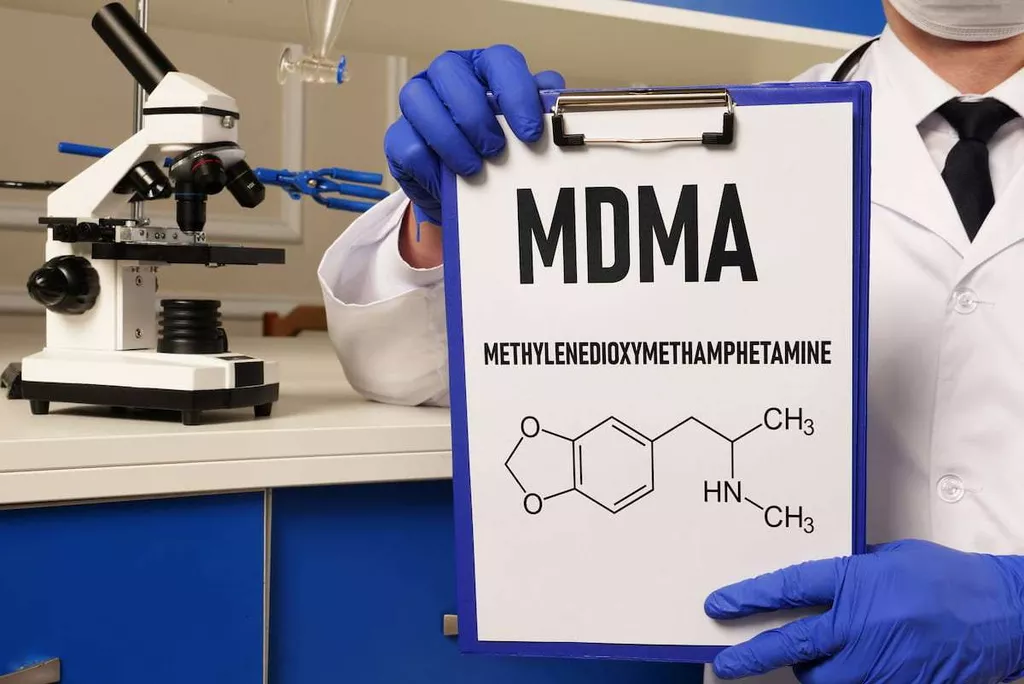
You may decide that although you’re interested in a counseling-related profession, you’re not as passionate about working in mental health care. A good alternative is to pursue career counseling certifications in which your role will be to help clients navigate educational and career decisions, as opposed to issues pertaining to their mental well-being. To become a counselor with this certification, you’ll need a master’s-level education, supervised clinical hours, and a passing score on marijuana addiction your state’s licensing exam. No matter the type of mental health struggle, help is available in the form of certified counselors. For those who are passionate about mental wellness or who are looking for a fulfilling way to help people in need, becoming a counselor may be a promising career path.
- When it comes to training programs for substance abuse counselors, there are several options available to individuals interested in pursuing a career in this field.
- An online certificate in counseling can offer flexibility while providing students with the same qualifications as an on-campus program.
- Really, the most important consideration for any certificate program is whether it hits the mark for the educational hours and content required to become credentialed.
- For instance, these addictive chemicals can shatter a person’s spirit in addition to harming their physical health.
- Regardless of the degree pursued, candidates for LADC licensure are usually required to complete specific coursework in addiction studies.
CADC
In the realm of substance abuse and addiction counseling, understanding the various certifications and licenses available is crucial for prospective counselors. Two of the most recognized designations are the Certified Alcohol and Drug Counselor (CADC) and the Licensed Alcohol and Drug Counselor (LADC). These credentials signify a professional’s qualifications and expertise in helping individuals overcome addiction and lead healthier lives. Online addiction counseling courses are typically laser-focused on the specific coursework needed to fulfill the educational requirements for licensing or certification at various levels. We didn’t necessarily restrict ourselves to programs that are entirely 100% online, however.

Licensed Professional Clinical Counselor (LPCC) Licensing Process
In addition to the educational requirements, applicants must pass the National Certified Addiction Counselor (NCAC) exam administered by the National Board for Certified Counselors (NBCC). After passing the exam, applicants must submit an application for licensure to their state board of licensure. Each state has different requirements for licensure so it is important to check with your state board for specific information about fees and other requirements. Certified Addiction Professional (CAP) is a credential that recognizes professional excellence in the field of addiction treatment. It is awarded by the National Association of Addiction Professionals (NAADAC), which is the largest national organization for addiction counselors, educators, and other professionals. It’s common for state boards to require that one’s supervisor be licensed and have ample experience in the field.
Substance Abuse Counseling Certificate
You’ll discuss with instructors and other students ways to implement effective prevention strategies and assess and treat dependency problems. With a commitment to taking education beyond merely specialized skills, Penn takes a broader approach that will serve you well in dealing with substance abuse counseling definition the complexity of addiction. Building your understanding of group dynamics, learn preventative strategies, and explore treatment methods for patients suffering addiction in this quick, effective online program. You’ll graduate with the knowledge and skill to help individuals and families handle any sort of addiction crisis with ethics and compassion.

Start Your Journey to Recovery with Arista Recovery

Already licensed counselors may complete a certificate program to earn a dual license in another counseling modality, gain proficiency in a particular area of their counseling field, or meet continuing education requirements. The Kentucky Board of Licensed Professional Counselors (the Board) is responsible for licensing mental health counselors, known as Licensed Professional Clinical Counselors (LPCCs). LPCCs specialize in mental health counseling and provide assessment, evaluation, treatment planning, and counseling services based on psychotherapeutic and related counseling methods. If you would like to learn more about a career as a professional counselor, read our mental health counselor career guide. A master’s, specialist, or doctoral degree in counseling comprising at least 60 credits, including content in nine core areas and a 600-hour practicum or internship, is required for LPCC licensure in Kentucky. Most types of counseling licenses in Louisiana require a graduate degree to become licensed.



















